The best case scenario for climate change just got worse

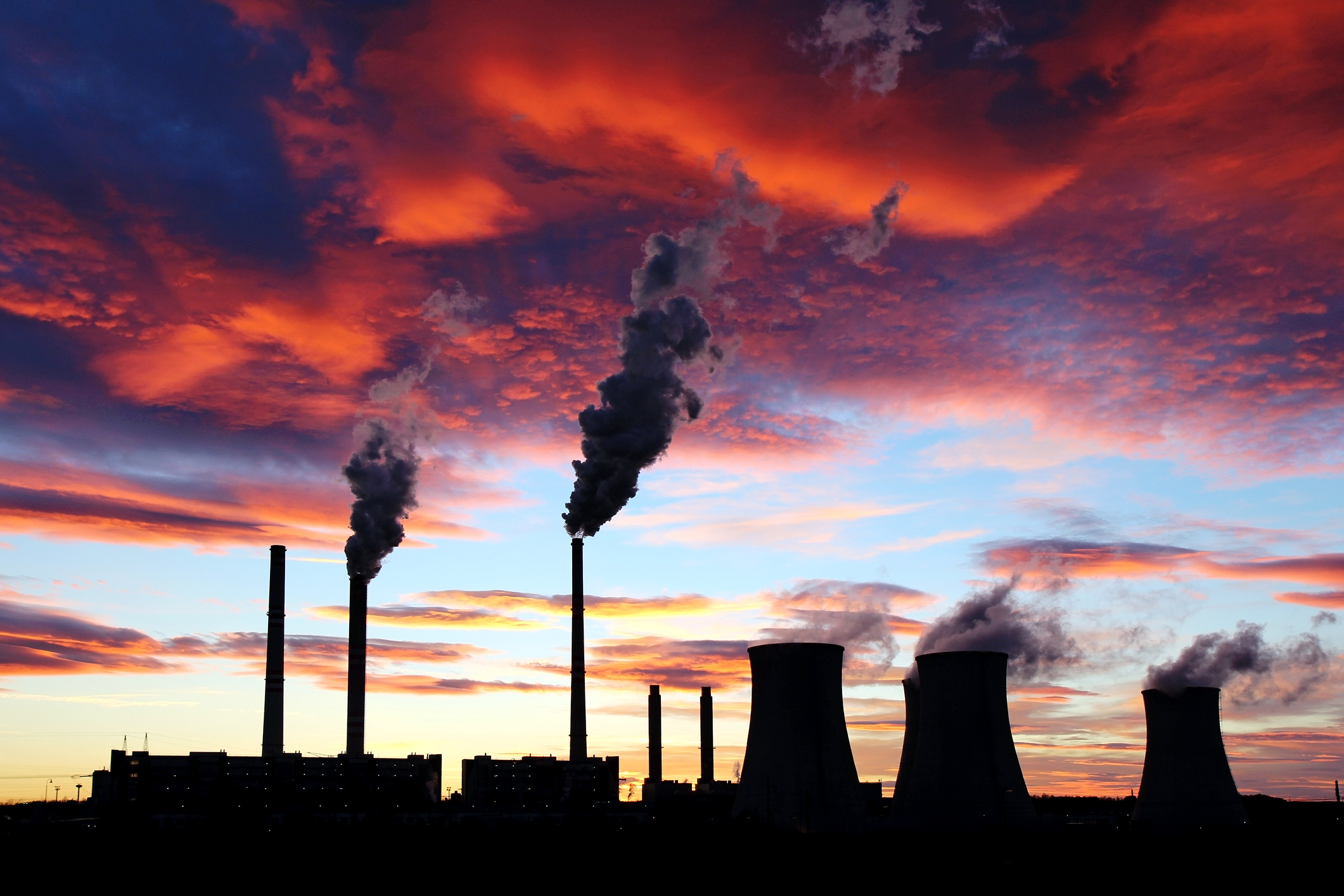
A free daily email with the biggest news stories of the day – and the best features from TheWeek.com
You are now subscribed
Your newsletter sign-up was successful
A climate change study published Wednesday shows it is "extremely unlikely" that Earth's climate sensitivity could be "low enough to avoid substantial climate change" with continued high emissions.
Climate sensitivity is the measure of how susceptible Earth's climate is to human influence, per the study. In a 1979 report on sensitivity, it was estimated that if the carbon dioxide levels in Earth's atmosphere were to double compared to pre-industrial levels, temperatures could increase between 2.7 to 8.1 degrees Fahrenheit.
Now, scientists have narrowed the range to 4.1 to 8.1 degrees Fahrenheit.
The Week
Escape your echo chamber. Get the facts behind the news, plus analysis from multiple perspectives.

Sign up for The Week's Free Newsletters
From our morning news briefing to a weekly Good News Newsletter, get the best of The Week delivered directly to your inbox.
From our morning news briefing to a weekly Good News Newsletter, get the best of The Week delivered directly to your inbox.
If the rate of emissions continues, doubled carbon dioxide levels will be reached in roughly 50 years, according to the National Oceanic and Atmospheric Association. There is a 95 percent chance that when that happens, it will lead to a warming of more than 3.6 degrees — "the threshold beyond which scientists say the Earth will suffer dangerous effects — disruptive sea level rise, intolerable heat waves, and other extreme weather and permanent damage to ecosystems," reports The Washington Post.
The doubling of carbon dioxide levels can be prevented only if humans enact swift measures. "The primary determinant of future climate is human actions," Kate Marvel, a physicist at NASA's Goddard Institute of Space Studies and Columbia University, told the Post.
But if human activities do push carbon dioxide levels to double, the study shows it would be less likely that the Earth remains below a 3.6 degree increase, and more likely that it exceeds the upper limit of the new range. If the temperatures reach even the middle of the new range, it would be a "five-alarm fire" for the planet, Marvel told the Post.
The study was published in Reviews of Geophysics, and is sponsored by the World Climate Research Program. It was conducted by 25 researchers across the world. Read more at The Washington Post.
A free daily email with the biggest news stories of the day – and the best features from TheWeek.com
Taylor Watson is audience engagement editor for TheWeek.com and a former editorial assistant. She graduated from Syracuse University, with a major in magazine journalism and minors in food studies and nutrition. Taylor has previously written for Runner's World, Vice, and more.
-
 How the FCC’s ‘equal time’ rule works
How the FCC’s ‘equal time’ rule worksIn the Spotlight The law is at the heart of the Colbert-CBS conflict
-
 What is the endgame in the DHS shutdown?
What is the endgame in the DHS shutdown?Today’s Big Question Democrats want to rein in ICE’s immigration crackdown
-
 ‘Poor time management isn’t just an inconvenience’
‘Poor time management isn’t just an inconvenience’Instant Opinion Opinion, comment and editorials of the day
-
 Death toll from Southeast Asia storms tops 1,000
Death toll from Southeast Asia storms tops 1,000speed read Catastrophic floods and landslides have struck Sri Lanka, Indonesia, Thailand and Malaysia
-
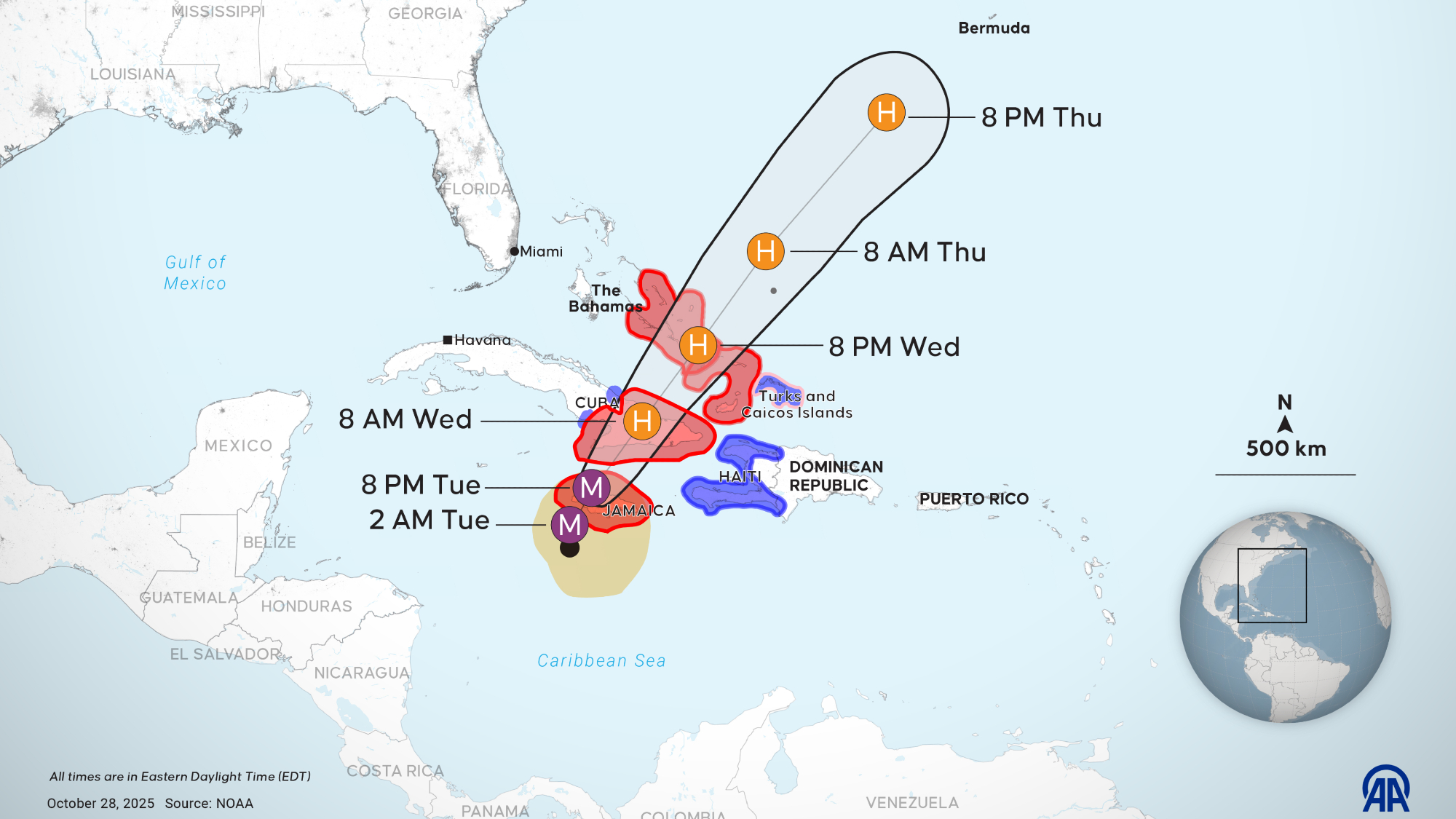 Hurricane Melissa slams Jamaica as Category 5 storm
Hurricane Melissa slams Jamaica as Category 5 stormSpeed Read The year’s most powerful storm is also expected to be the strongest ever recorded in Jamaica
-
 Renewables top coal as Trump seeks reversal
Renewables top coal as Trump seeks reversalSpeed Read For the first time, renewable energy sources generated more power than coal, said a new report
-
 China vows first emissions cut, sidelining US
China vows first emissions cut, sidelining USSpeed Read The US, the world’s No. 2 emitter, did not attend the New York summit
-
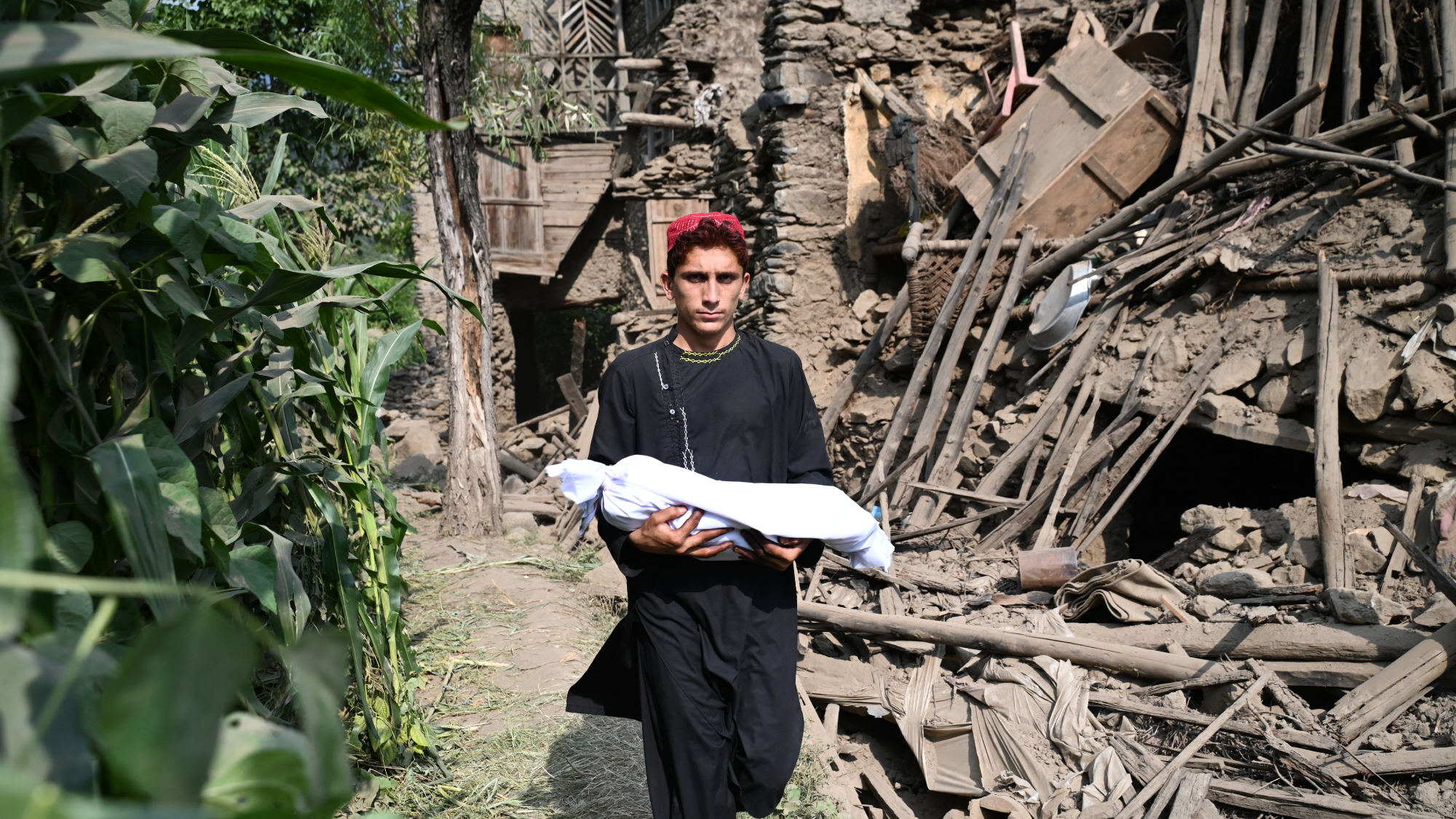 At least 800 dead in Afghanistan earthquake
At least 800 dead in Afghanistan earthquakespeed read A magnitude 6.0 earthquake hit a mountainous region of eastern Afghanistan
-
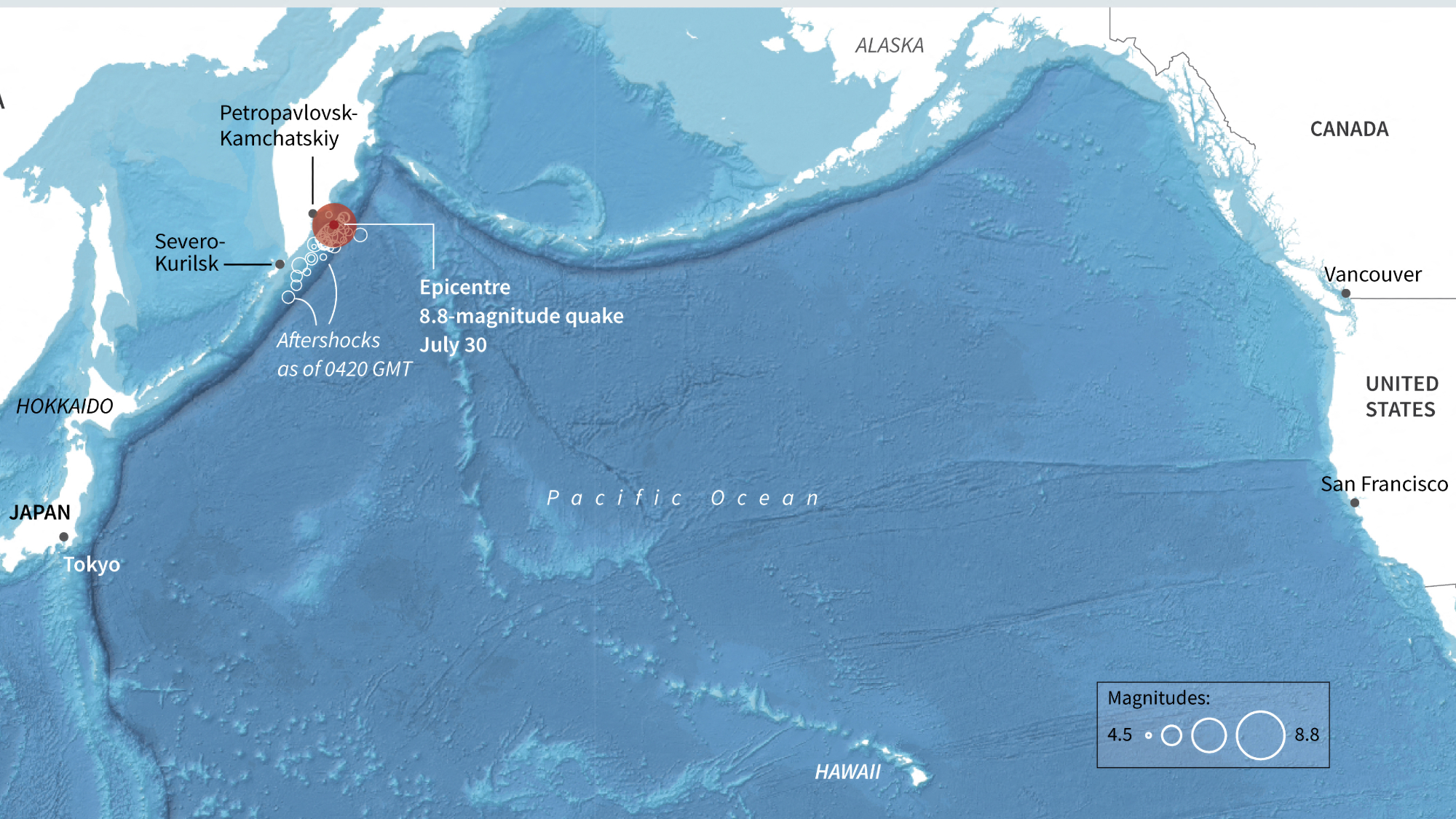 Massive earthquake sends tsunami across Pacific
Massive earthquake sends tsunami across PacificSpeed Read Hundreds of thousands of people in Japan and Hawaii were told to evacuate to higher ground
-
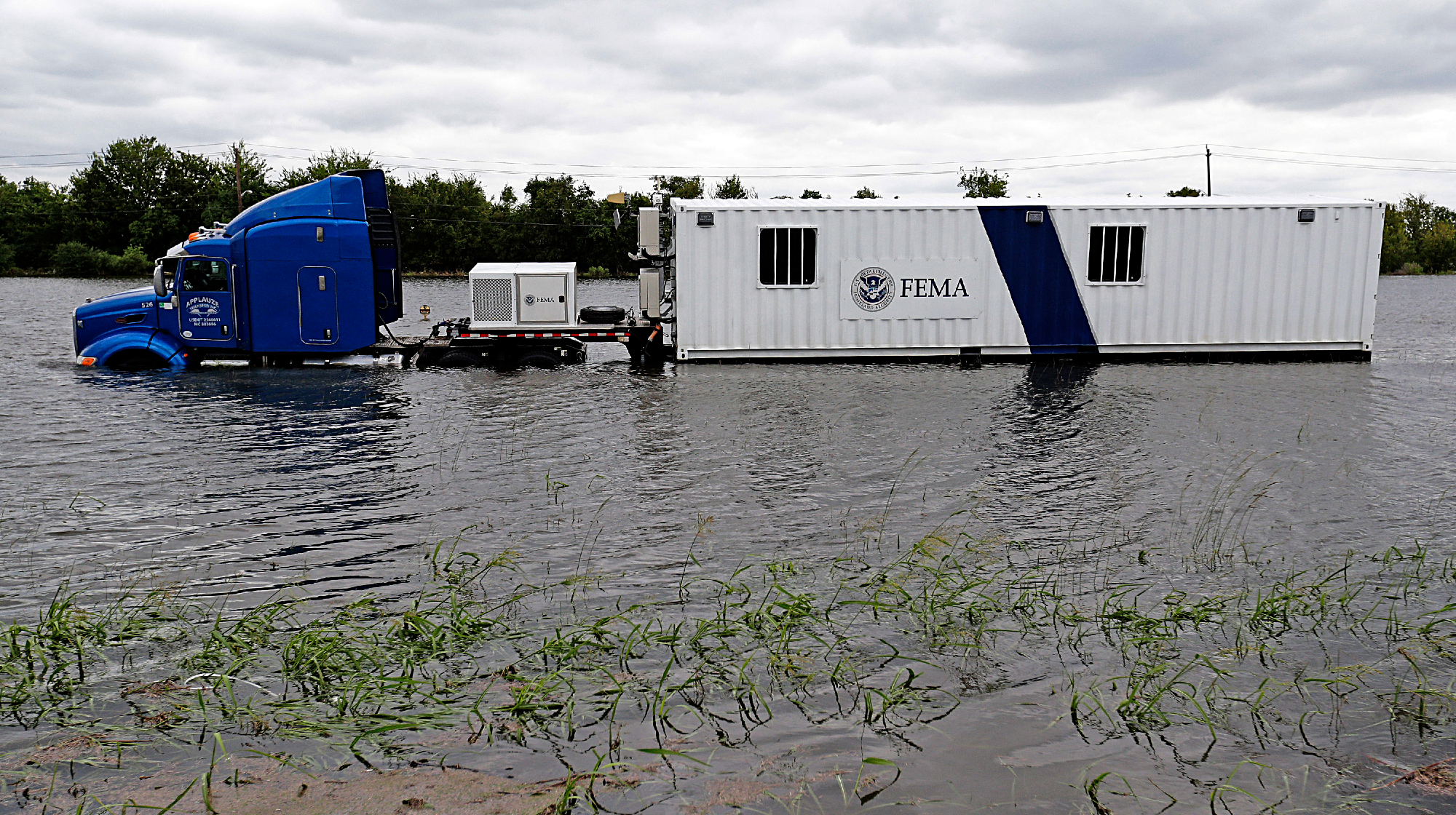 FEMA Urban Search and Rescue chief resigns
FEMA Urban Search and Rescue chief resignsSpeed Read Ken Pagurek has left the organization, citing 'chaos'
-
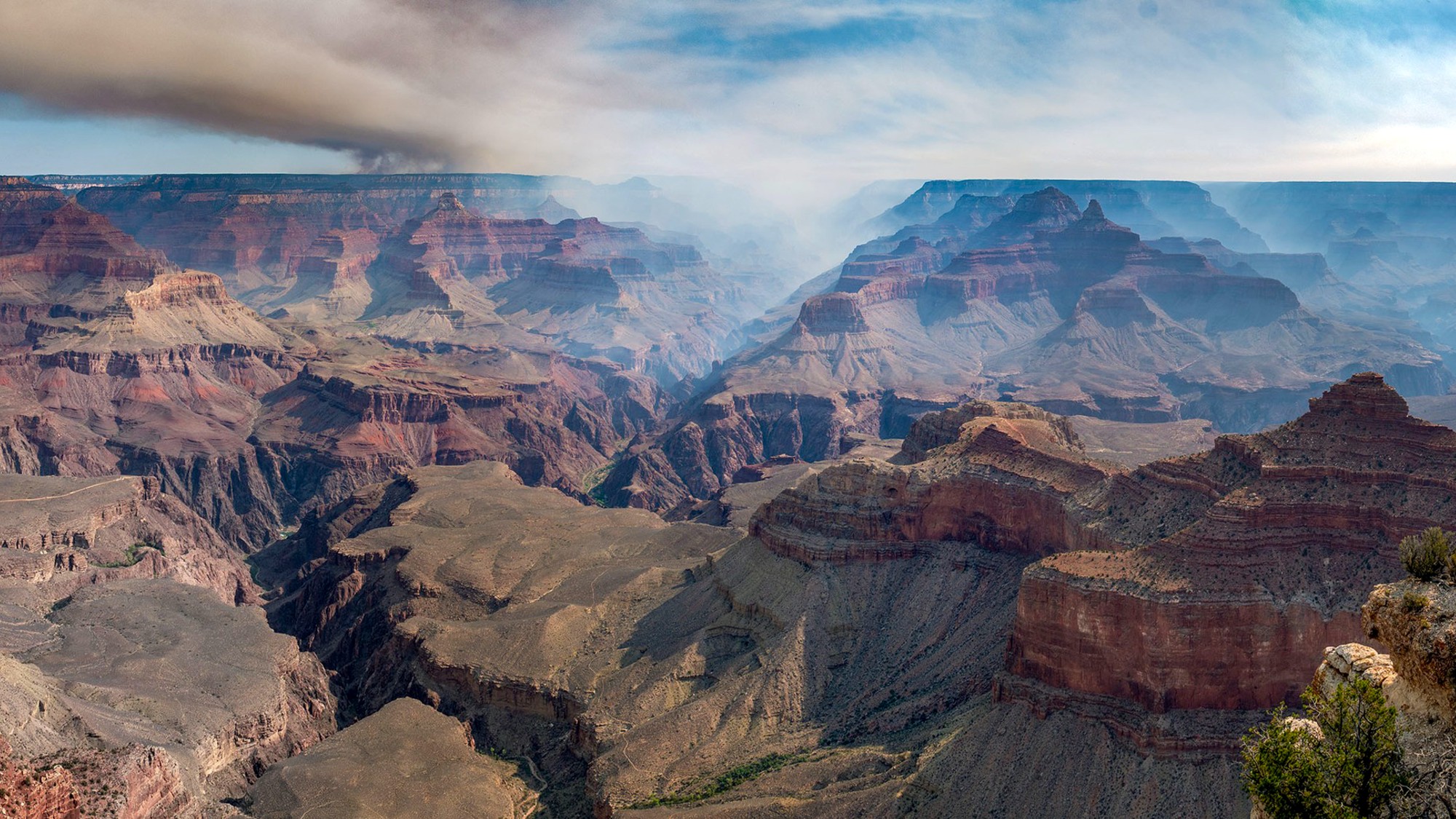 Wildfires destroy historic Grand Canyon lodge
Wildfires destroy historic Grand Canyon lodgeSpeed Read Dozens of structures on the North Rim have succumbed to the Dragon Bravo Fire
